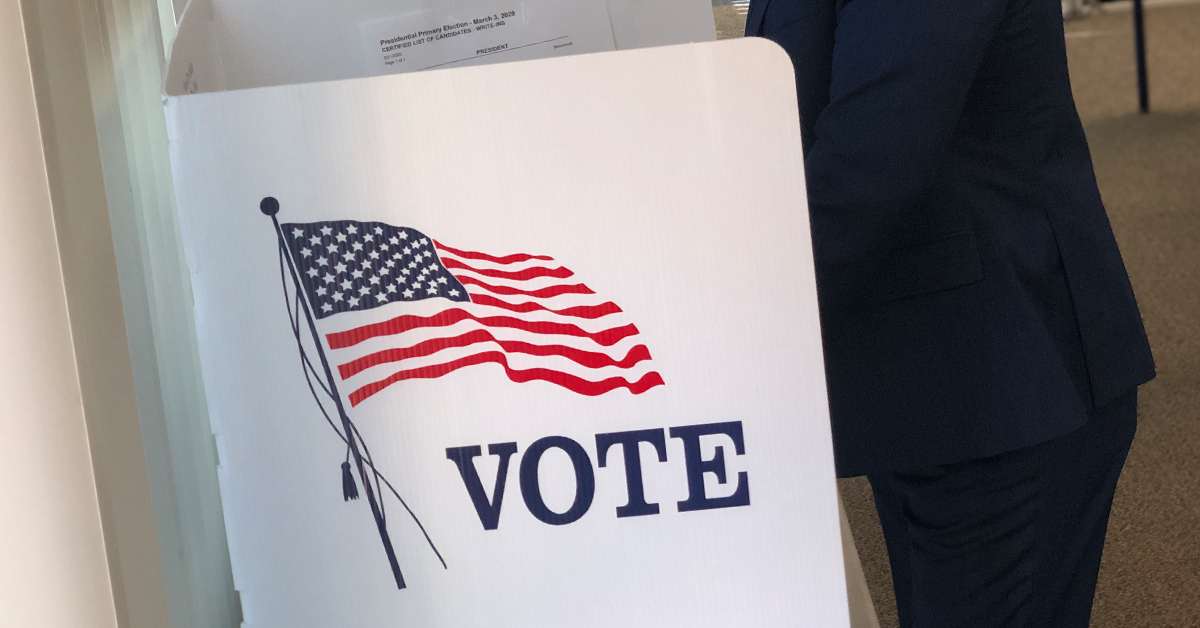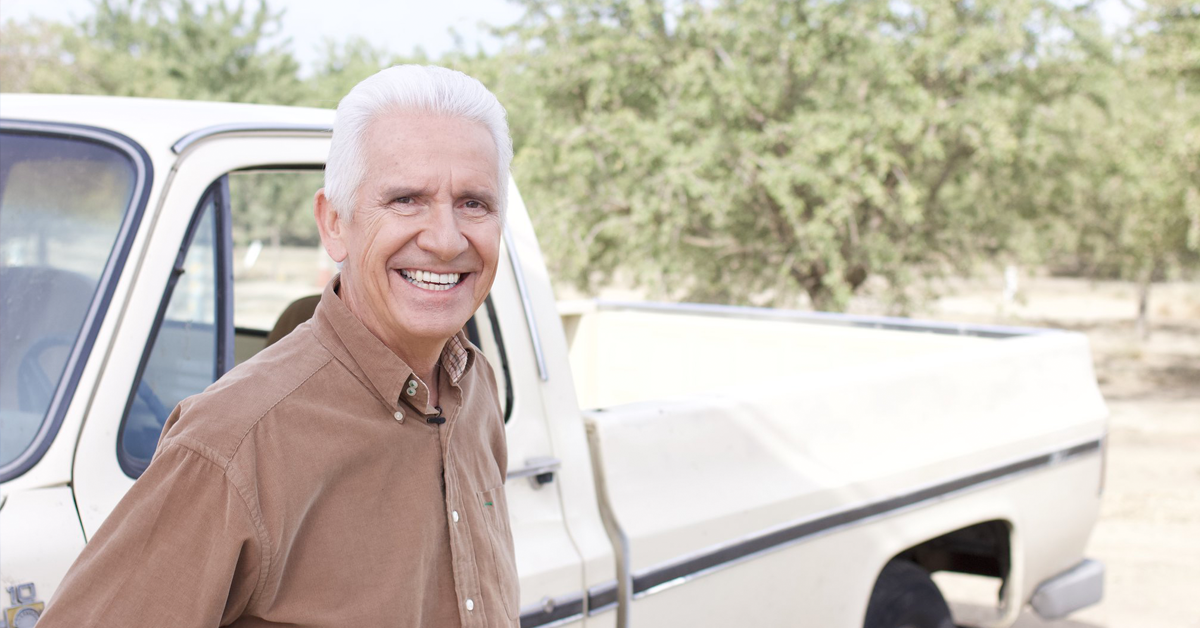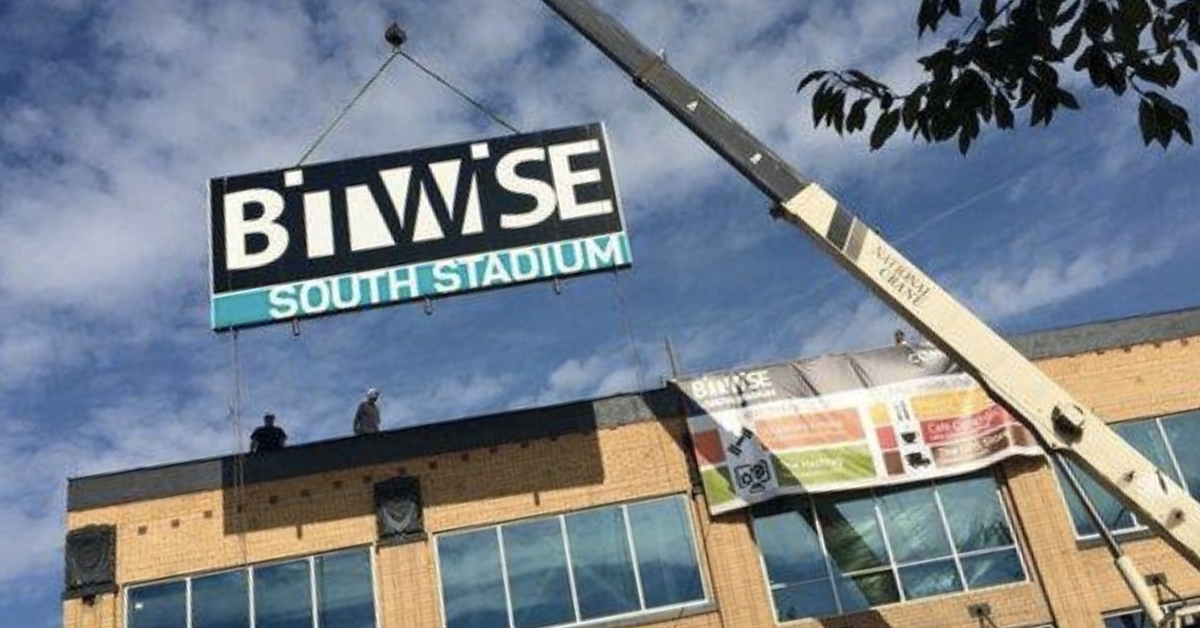Fresno Mayor Lee Brand knows how to answer a tough question in a public setting and retain that most important of all political assets – decision-making flexibility.
Case in point: Brand’s speech last Thursday at Fresno State’s Craig School of Business. The audience’s question-and-answer period was winding down when someone asked: Mayor, what’s Fresno going to do now that California voters approved recreational marijuana?
Talk about a potential minefield. Say too much and the Mayor paints himself into a corner. Don’t say enough and the Mayor looks weak.
If the goal was to keep all mayoral options open, then Brand nailed it.
“There’s Proposition 64, that I personally opposed,” Brand said. “It passed by a solid majority of the state of California. We’re a nation of laws. We have until January 1 to develop a policy for how we’re going to do it.
“We can have an outright ban – we could make people go to Selma or to Coalinga or wherever they need to go. Or we can decide to regulate it, for example through zoning. I would put these clinics in industrial areas – you don’t want them across the street from schools, those kinds of areas.
“Personally, I’m pragmatic. The first thing we have to find out is: What is the opinion of the Trump Administration? During the Obama Administration, they looked the other way – and in Colorado and Washington they said it’s OK. Trump – so far he’s said (he’s for) states’ rights. Let them do what they want to do. So, my assumption is that’s going to be the position of the Trump Administration.
“I want to vet this out with the community. And I’ve got seven council members. Already I’ve had one proposed ordinance that’s going to ban (marijuana sales). And there’s a different council member that wants to open up clinics. We’ve got to slow down and think this out.
“I’ve met with Chief Dyer. We believe, if it is legalized in Fresno and it’s regulated in industrial areas, there’s potentially $10 million a year in revenue from licensing. I believe if you don’t do that, you’ll probably have the corner drug dealer get the business anyway. You’re not going to eliminate him – it would be virtually impossible. He’s going to be there. So, you need to make a choice – to regulate it, to keep it at your right hand.
“And for us, as I mentioned earlier, because of AB 109 – that’s prison realignment – and Prop. 47 and Prop. 57, they’re emptying the jails. That’s why you’re seeing a lot more homelessness and vagrancy issues and petty crime. The state’s not helping us at all, believe me.
“I believe, and Chief Dyer believes this, we need to hire, over time because it’s expensive, up to 200 more police officers. Well, there’s $10 million a year. That will hire quite a few. That’s half the battle – if you could actually do that, and dedicate those funds, say, 20% to drug-treatment programs and 80% to public safety.
“Those are the kinds of decisions we’re going to have to make. They’re not easy decisions. And I still have to have at least four council members say that’s the right thing to do.”
Three thousand miles to the east, White House press secretary Sean Spicer that same day said he expects greater enforcement of federal laws against marijuana use.
The Washington Post’s John Wagner and Matt Zapotosky wrote on Feb. 23: “Spicer, speaking at a White House press briefing, said that President Trump sees ‘a big difference’ between use of marijuana for medical purposes and for recreational purposes.
“’The president understands the pain and suffering that many people go through who are facing, especially terminal diseases, and the comfort that some of these drugs, including medical marijuana, can bring to them,’ Spicer told reporters.
“Spicer said that state’s allowance of marijuana for recreational purposes ‘is something the Department of Justice, I think, will be further looking into.’”
I’m betting the recreational marijuana issue in the next year or two will sorely test all sorts of loyalties, alliances and consciences at Fresno City Hall.










